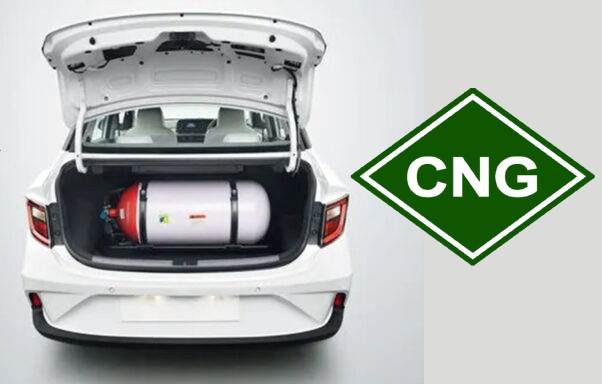How CNG Can Affect Your Car’s Engine & Overall Performance, Hey, readers! The fact can not be denied that people often choose to get CNG installed in their cars as it costs cheaper and give better mileage. However, we all know that it somehow impacts the engine of your car and also affects the car’s overall performance but still, it is one of the most preferred and loved fuel options. Especially for those who drive much daily and also don’t feel up to afford the petrol and diesel cost in daily life. So, as we are talking about this fuel option therefore we would like to tell you about how CNG impacts your car’s performance and its engine life.
So, as you all know that with the rise of environmental concerns and the need for fuel-efficient vehicles, Compressed Natural Gas (CNG) has become a popular alternative fuel option for car owners. CNG is a fossil fuel that is compressed and stored in high-pressure cylinders, and when used in vehicles, it can reduce greenhouse gas emissions and save on fuel costs. However, there are some concerns about how CNG affects a car’s performance and engine. Well, here we will let you know about the benefits and drawbacks of installing CNG in your car.
Advantages Of CNG
However, if you go to someone and ask about the cons of this certain fuel then no doubt people will you about many. But one of the biggest advantages of using CNG as fuel for your car is its environmental impact. CNG produces fewer emissions than gasoline or diesel, which can help to reduce air pollution and improve overall air quality. In addition, CNG is typically less expensive than traditional fuels, which can save car owners money in the long run.
Disadvantages Of CNG
However, there are some drawbacks to using CNG as a fuel. One of the most significant concerns is how it affects a car’s performance and engine. Because CNG burns at a higher temperature than gasoline or diesel, it can cause more wear and tear on the engine over time. This can result in decreased engine performance and potentially costly repairs.
In addition, CNG requires specialized equipment to be installed in your car, which can be expensive. This includes a CNG storage tank, fuel lines, and a regulator to control the flow of gas into the engine. The installation process can also be time-consuming, as it typically requires modifications to the car’s fuel system and engine.
How Does CNG Impact Car’s Performance?
When it comes to performance, CNG can have both positive and negative effects on your car. On the positive side, CNG burns more cleanly than traditional fuels, which can help to improve engine efficiency and reduce emissions. This can result in better fuel economy and potentially longer engine life.
However, there are also some negative impacts on performance to consider. Because CNG burns at a higher temperature, it can cause more wear and tear on the engine over time. This can lead to decreased horsepower and torque, which can impact the car’s overall performance. In addition, because CNG has a lower energy density than gasoline, it can result in reduced acceleration and a shorter driving range.
Finally, the decision to install CNG in your car is a personal one that should be based on your individual needs and priorities. While CNG can offer some significant benefits, such as reduced emissions and lower fuel costs, it also comes with drawbacks that can impact your car’s performance and engine. If you are considering installing CNG in your car, be sure to weigh the pros and cons carefully and do your research to ensure that it is the right choice for you. Stay tuned with us to get more updates on all trending topics.






GIPHY App Key not set. Please check settings